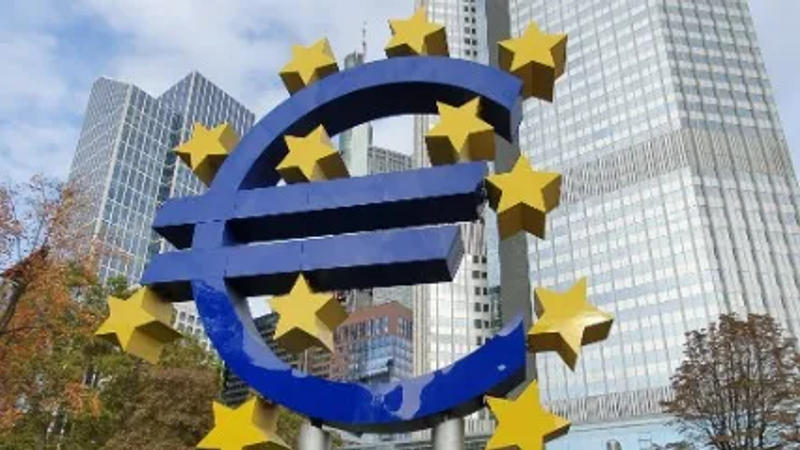Published 19:47 IST, January 16th 2024
Euro area benchmark bund yield edges down after ECB remarks
The ECB concluded its rapid interest rate hike cycle in September, as inflation experienced a sharp deceleration.

Bund yeild edges: In the realm of European Central Bank (ECB) dynamics, a cloud of uncertainty hovers over the trajectory of interest rates, creating a complex landscape for investors. While expectations of a downward adjustment from record highs are prevalent, the timing of such moves remains a contentious subject among policymakers, adding to market speculation.
The ECB concluded its rapid interest rate hike cycle in September, and as inflation experiences a sharp deceleration, the focus has shifted to the potential timing of the first cut in the ECB's deposit rate, currently at a record high of 4 per cent. Policymakers voiced a spectrum of opinions, revealing the ongoing uncertainty surrounding interest rates and inflation, which surprised officials with its rapid ascent and subsequent swift decline in the post-pandemic period.
Considering rate cuts
Portuguese central bank chief Mario Centeno emphasised the importance of considering rate cuts, stating that all options should be on the table for discussion. While some, like ECB board member Isabel Schnabel and German central bank chief Joachim Nagel, argued it was premature to discuss rate cuts, Finnish policymaker Tuomas Valimaki advocated for patience to avoid a premature exit from the current restrictive level.
French central bank chief Francois Villeroy de Galhau remained non-committal, suggesting a potential rate cut this year, contingent on external factors and significant surprises, such as events in the Middle East.
ECB's future actions
The divergence of views among policymakers complicates the market's understanding of the ECB's future actions, leading to significant shifts in investor bets in recent weeks. Markets are currently pricing in six rate cuts for this year, with the first move anticipated in March or April. However, some policymakers openly reject this timeline as overly aggressive.
Reinforcing the dovish sentiment, a recent ECB survey revealed a notable reduction in consumer inflation expectations at the end of last year. The intricacies of wage development, a key concern for policymakers, may only become clear in mid-spring when data on first-quarter wage deals is published.
While some anticipate a consumer-led rebound in the economy, concerns persist about the first quarter remaining notably weak, acting as a drag on demand and prices, as highlighted by Mario Centeno. The complexity of these factors underscores the challenges facing the ECB in navigating economic uncertainties and determining an appropriate course for interest rates in the coming months.
(with Reuters inputs)
Updated 19:47 IST, January 16th 2024




